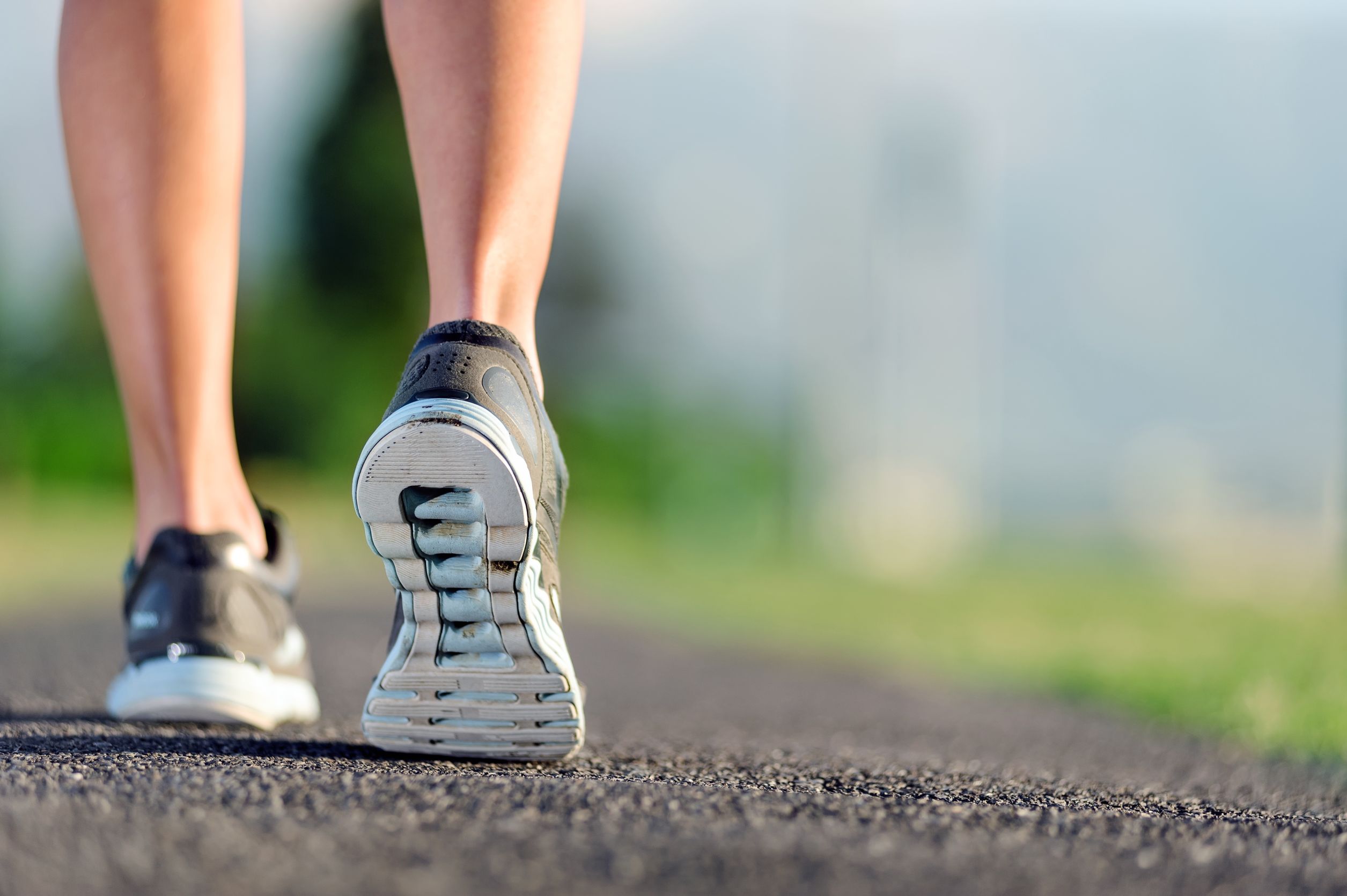A new report out by Stanford Medicine showed how it may be possible to determine your state of physical fitness by merely conducting a single blood test. The study was published in the journal Cell.
In the Stanford study, VO2 testing was initiated on 36 participants of both genders while exercising on a treadmill. The most prevalent number of participants were in the mid-adulthood age group. Clinical evaluations using such a test is a hallmark of determining one’s state of physical fitness.
But in the new study, before the participants engaged in a treadmill test, blood samples were taken, followed by the implementation of an oxygen-measuring mask until peak oxygen was reached. Blood samples were initiated among all the participants at 2, 15, 30, and 60 minutes after reaching their peak.
With the blood samples and other measures taken, an array of molecular events give researchers great detail of what transpires after a strenuous fitness routine.
“We know that exercise causes an array of physiological responses, such as inflammation, metabolism and hormone fluctuation, but these measurements allowed us to characterize those changes in unprecedented detail,” said Michael Snyder, co-author of the study, in a news release.
“It turns out that in the first two minutes post-exercise, the body experiences an intense flurry of molecular activity. In most participants, molecular markers of inflammation, tissue healing and oxidative stress, a natural byproduct of metabolism, spiked sharply shortly after hopping off the treadmill, as their bodies began to recover,” the news release states.
“At 2 minutes, blood samples revealed evidence that the body was metabolizing certain amino acids for energy, but it switched to metabolizing glucose, a type of sugar, around 15 minutes.”
In the findings, thousands of molecules were uncovered associated with an individual’s fitness routines, however, more research is needed to fully understand those correlations.


